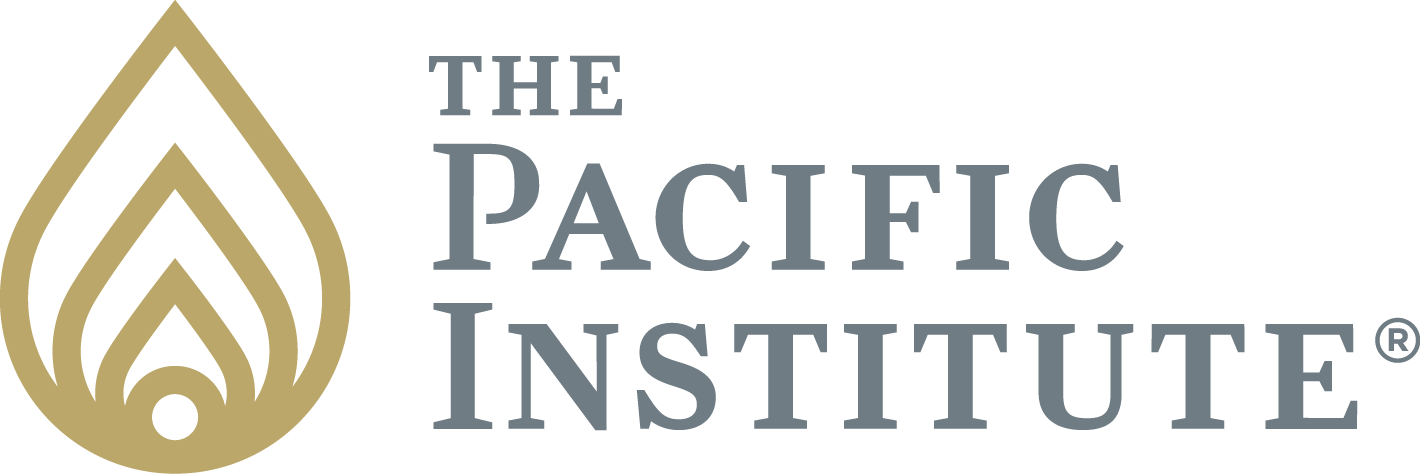“We move toward, and become like, what we think about. Our present thoughts determine our future.” More wise words, this time from Lou Tice. Our thoughts form the foundation of our beliefs, and these beliefs are played out every day in the words we use, and in the behaviors we show to the world. These beliefs and behaviors are also reflected in our attitudes.
Now, an attitude is simply the way we lean. We either lean toward something (a positive attitude) or we lean away from something (a negative attitude). It’s something we want, or something we don’t want. The words we use to describe either of these situations reinforce our attitudes and by extension, our beliefs and our habits.
We also do and say a lot of things by habit, because habits make our lives easier. We don’t have to think about everything we do, every time we do it. Saves time, right? Saves energy, too. We don’t need to devote much brainpower to our habits and the brain loves that. The challenge comes when we don’t stop to really consider the effects our habitual words have on our attitudes.
Unfortunately, we don’t stop to think when we use “always” or “never” – situations that rarely exist, in reality. But our brains know what they mean, and we act accordingly. “Always” and “never” are exclusionary and are designed to divide and separate, even in mathematics. When they are used in society, one group inevitably suffers from the separation.
Over the next few weeks, let’s do a little research. As you are reading or watching the news, be aware of the use of “Always” and “Never.” As you listen to the speech-makers, whether in politics or elsewhere, listen carefully for the words being used. Ask yourself, “Is what I am hearing really the truth?” Becoming a skeptical listener leaves each of us stronger, smarter and wiser.




